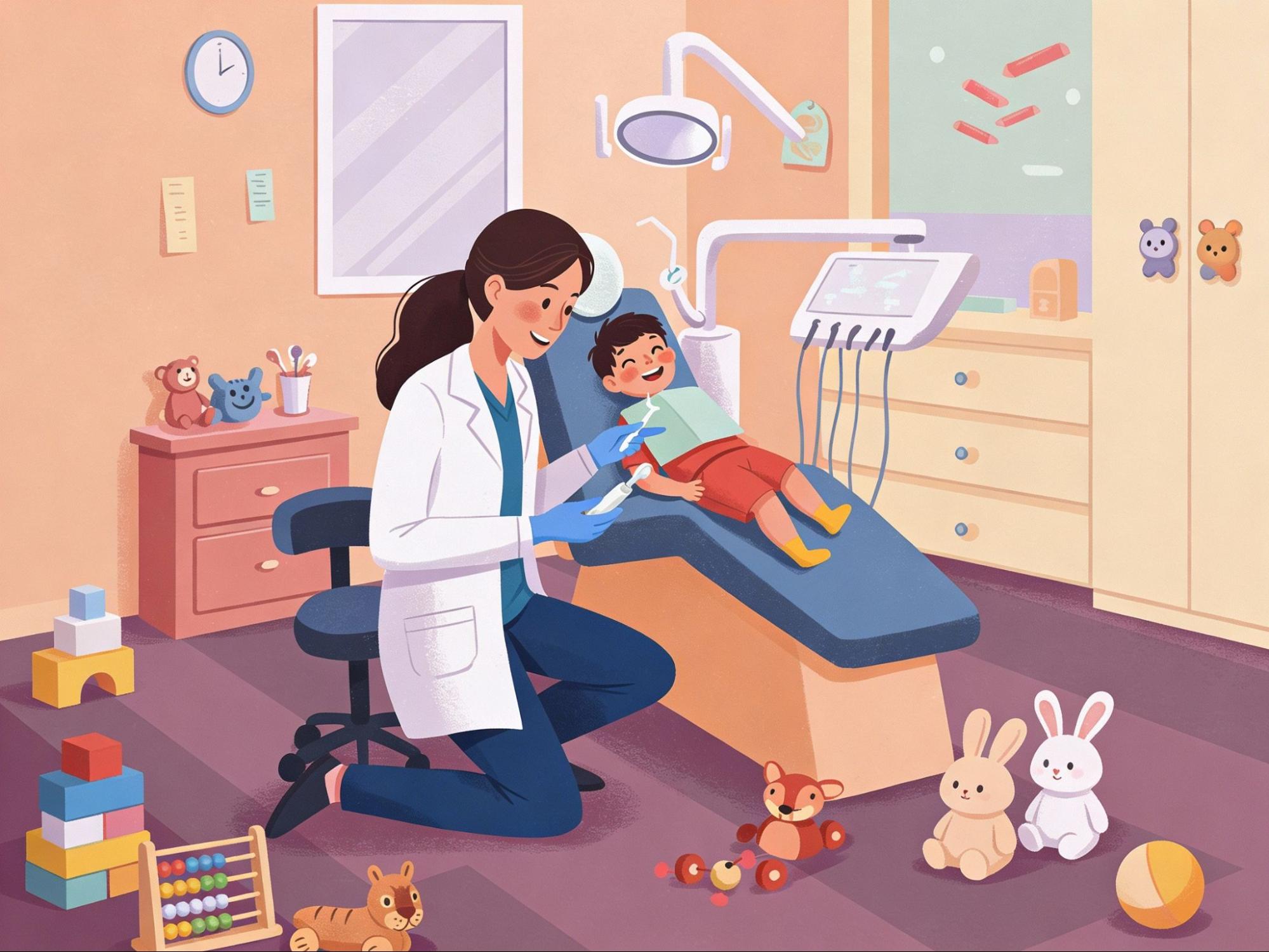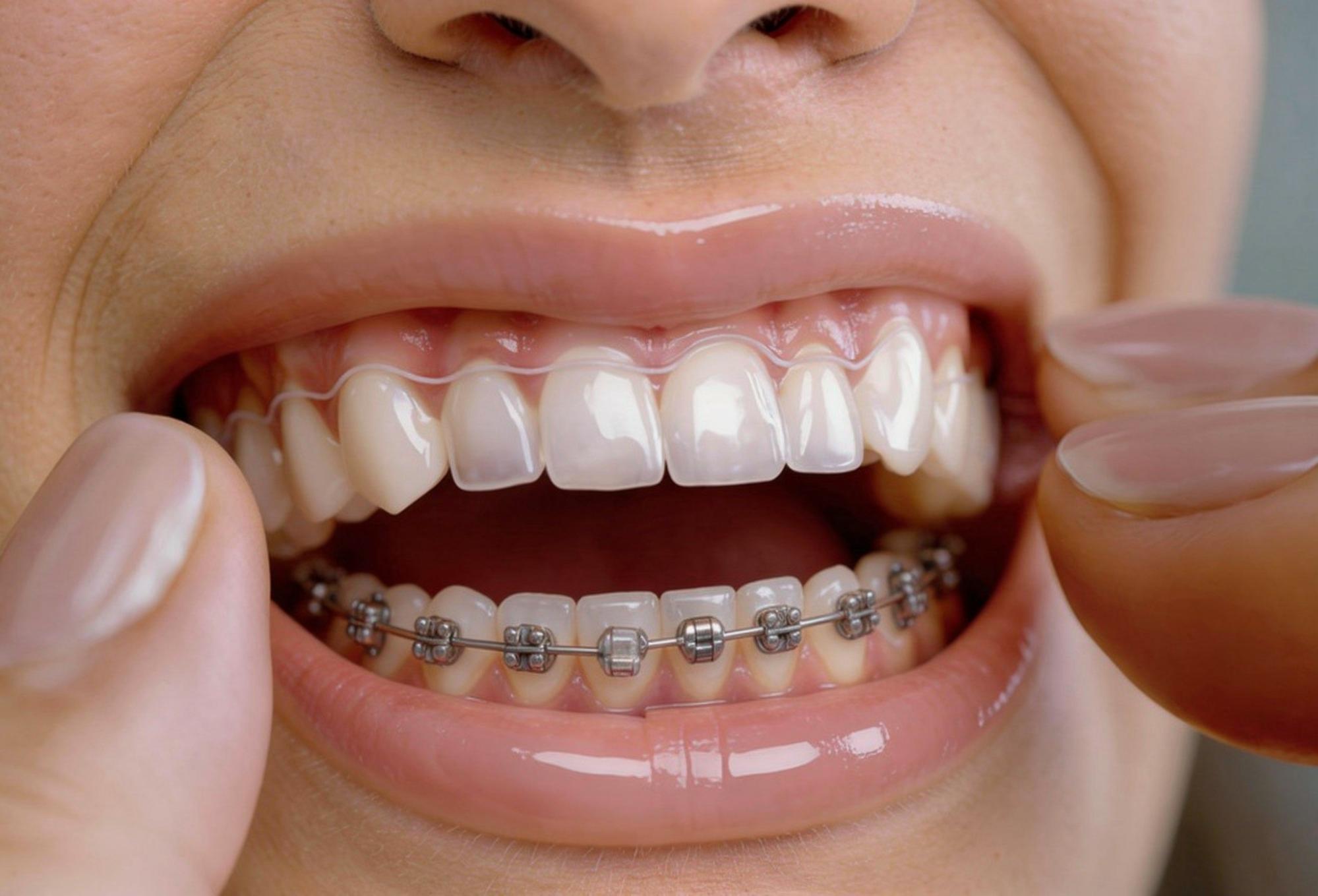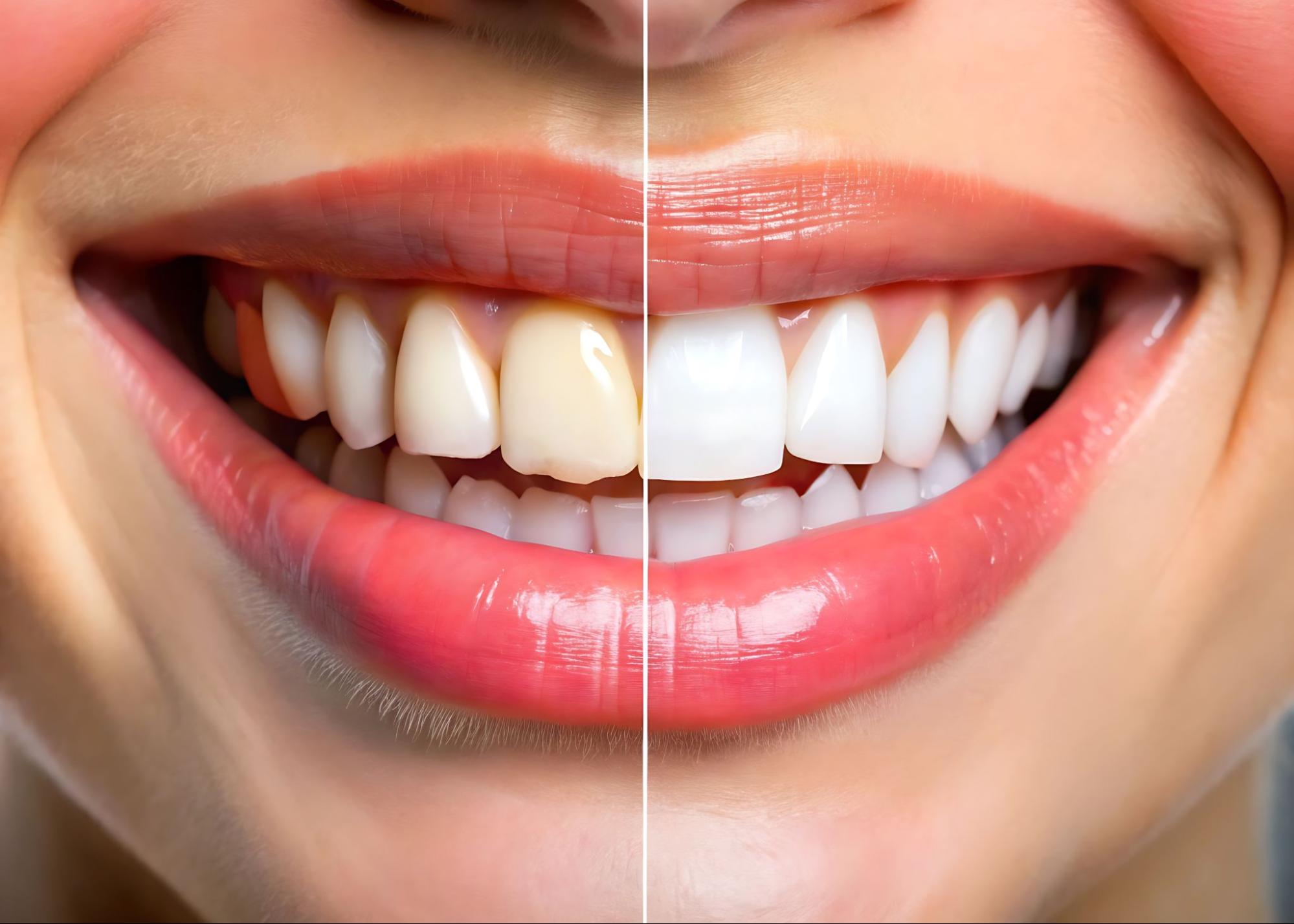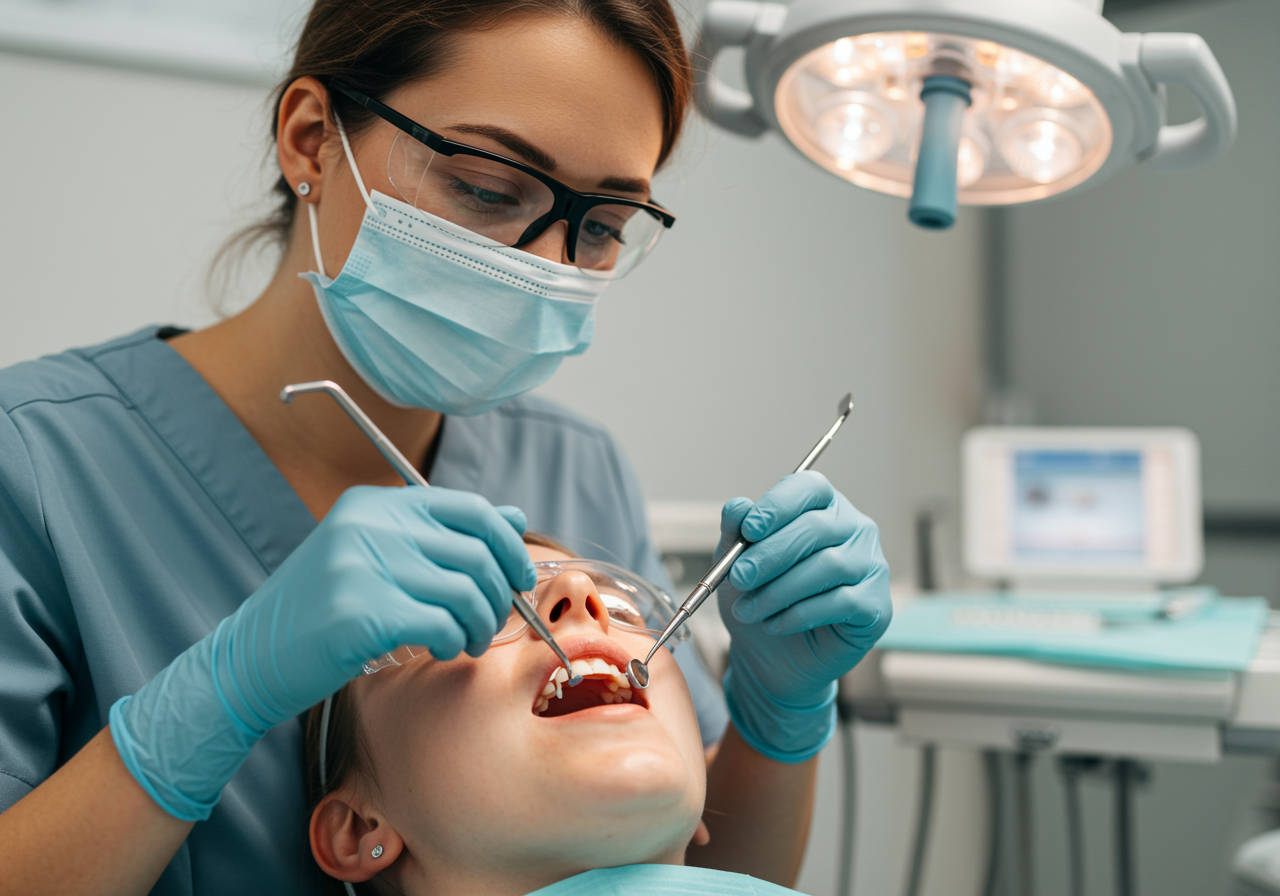As we get older, keeping our mouths healthy becomes more crucial than ever. The seniors among us encounter specific challenges in dental care that can impact not only their teeth but their overall wellness. Here are some important guidelines to help the elderly keep their smiles bright and their oral health in check.
- Consistent Dental Visits
It is essential for seniors to have regular dental appointments. These check-ups allow our dentists to detect early signs of issues such as cavities, gum disease and oral cancer, making them easier to manage. Our dentists typically recommend that seniors schedule visits every six months, although more frequent appointments may be necessary based on individual health needs.
- Brushing and Flossing Daily
Maintaining a steady routine of brushing twice daily with fluoride toothpaste is crucial. This practice helps eliminate dental plaque, which can lead to tooth decay and gum disease. For those who struggle with manual brushing, our dentists highly recommend electric toothbrushes as they can be very effective, especially for seniors coping with conditions like arthritis.
Daily flossing is just as important for removing oral debris and plaque from between teeth and below the gumline. If traditional floss is difficult to handle, consider using floss picks or a water flosser.
- Adequate Hydration
Dry mouth is a frequent problem among older adults, often worsened by certain medications. Healthy saliva production is necessary for controlling harmful bacteria and preventing decay. Drinking ample water helps keep the mouth consistently hydrated by actively supporting saliva production.
- Nutritious Eating for Dental Health
You already know that a diet rich in nutrients supports dental health. Foods high in calcium, such as dairy and leafy vegetables, are crucial for strengthening teeth. Leafy greens also serve as valuable prebiotics in the mouth, providing nourishment for beneficial oral bacteria. Reducing intake of sugars and opting for crunchy fruits and vegetables can naturally help clean your teeth and gums.
- Stop Smoking
Smoking heightens the risk for numerous dental issues, including gum disease and oral cancer. Ceasing smoking can drastically decrease these risks and enhance overall health.
- Care for Dentures
For seniors with dentures, it is important to handle these prosthetics with care. Dentures should be removed and cleaned daily, not worn during sleep, and soaked overnight in a cleansing solution or water. Also, ensure your dentures are properly adjusted regularly to fit changes.
- Managing Tooth Sensitivity
Increased tooth sensitivity can occur in seniors due to receding gums or diminished enamel. Toothpaste for sensitive teeth can help ease this discomfort. If sensitivity persists, it is wise to consult with your dentist for other possible treatments.
- Mindful of Medication Effects
Many medications come with side effects that can affect oral health, such as dry mouth and changes in taste. Discuss any potential dental side effects with your doctor when new medications are prescribed. Adjustments to the medication or advice on managing side effects may be available, and your smile will thank you.
Contact Us
For seniors, maintaining oral health involves careful attention to dental care practices, lifestyle adjustments and regular visits to the dentist. Adopting these guidelines can help ensure dental health is a part of your overall health strategy as you age, boosting both your quality of life and general well-being. In fact, starting or enhancing oral care practices at any age can make a significant difference! Please Contact our Valley View Dental team today to learn more!







